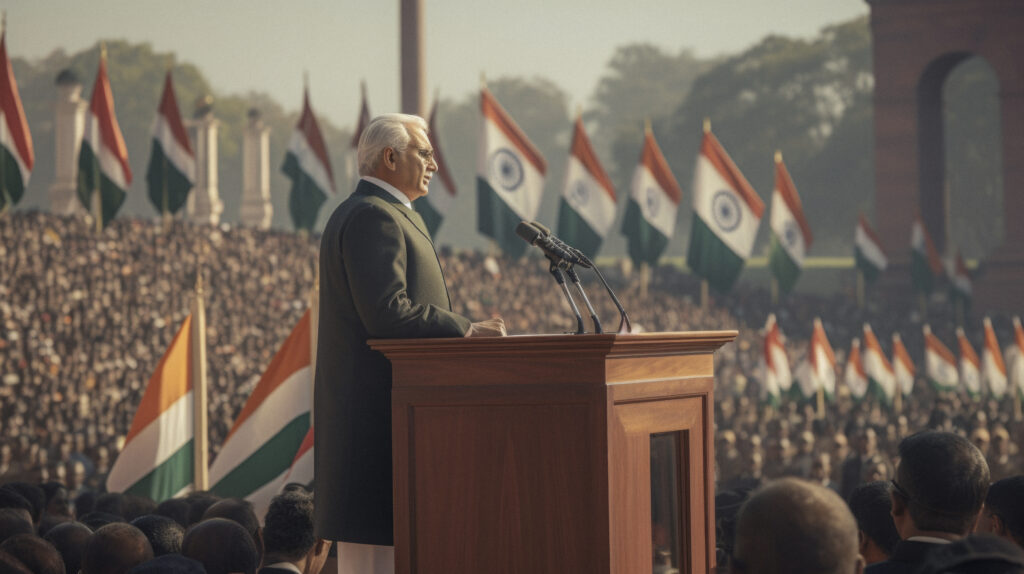What are Fundamental Rights in India?
Fundamental Rights are the basic human rights guaranteed by the Constitution of India to all citizens. They are considered essential for the development of individuals and the protection of their dignity, freedom, and equality. These rights are enshrined in Part III (Articles 12 to 35) of the Indian Constitution and are enforceable by the courts. The main purpose of Fundamental Rights is to protect citizens from arbitrary actions of the State and to ensure equality, liberty, and justice in the society. Types of Fundamental Rights (Articles 12–35) Right to Equality (Articles 14–18) Equality before law Prohibition of discrimination on grounds of religion, race, caste, sex, or place of birth Abolition of untouchability Abolition of titles Right to Freedom (Articles 19–22) Freedom of speech and expression Freedom to assemble peacefully Freedom to form associations and unions Freedom to move freely across India Freedom to practice any profession or trade Protection in respect of conviction of offences Protection of life and personal liberty (Article 21) Protection against arrest and detention in certain cases Right against Exploitation (Articles 23–24) Prohibition of human trafficking and forced labour Prohibition of employment of children in hazardous jobs Right to Freedom of Religion (Articles 25–28) Freedom of conscience and free profession, practice, and propagation of religion Freedom to manage religious affairs No compulsion for religious instruction in state-funded institutions Cultural and Educational Rights (Articles 29–30) Right of minorities to conserve language, script, and culture Right to establish and administer educational institutions Right to Constitutional Remedies (Article 32) The most important right, described by Dr. B.R. Ambedkar as the “heart and soul of the Constitution.” It allows citizens to directly approach the Supreme Court or High Courts to enforce Fundamental Rights. How Can You Protect or Save Your Fundamental Rights? Awareness: Know your rights and duties as a citizen. Legal Remedies: If your rights are violated, you can approach courts. Filing a Writ Petition: You can file a petition under Article 32 (Supreme Court) or Article 226 (High Court). Writs available include: Habeas Corpus: To release a person unlawfully detained. Mandamus: To direct a public authority to perform its duty. Prohibition: To stop a lower court from exceeding its powers. Certiorari: To quash orders of a lower court or tribunal. Quo Warranto: To challenge the authority of a person holding a public office. Where to Appeal in Case of Violation of Fundamental Rights? High Courts (Article 226): Can be approached for the enforcement of Fundamental Rights as well as other legal rights. Supreme Court (Article 32): Directly accessible for enforcement of Fundamental Rights. This is considered a guaranteed right itself. Human Rights Commissions: National and State Human Rights Commissions can also be approached in cases of violations of human rights, though their powers are recommendatory. Fundamental Rights form the backbone of the Indian democracy. They empower citizens, protect individual freedom, and ensure equality before law. In case of violation, the Supreme Court and High Courts act as protectors of these rights under Article 32 and Article 226. Every citizen should be aware of these rights to safeguard themselves against arbitrary actions of the State or any authority. Disclaimer This article is intended for educational purposes only and should not be treated as legal advice. For specific cases of Fundamental Rights violation, it is advisable to consult a qualified constitutional lawyer.

